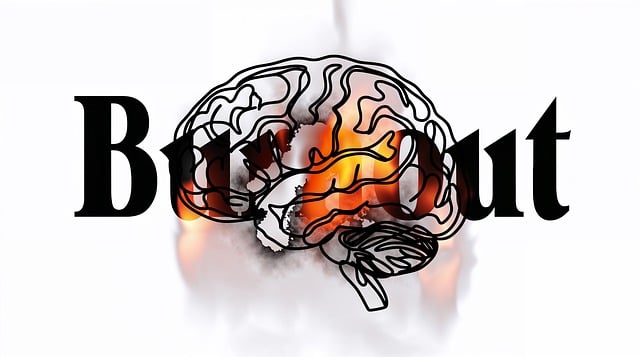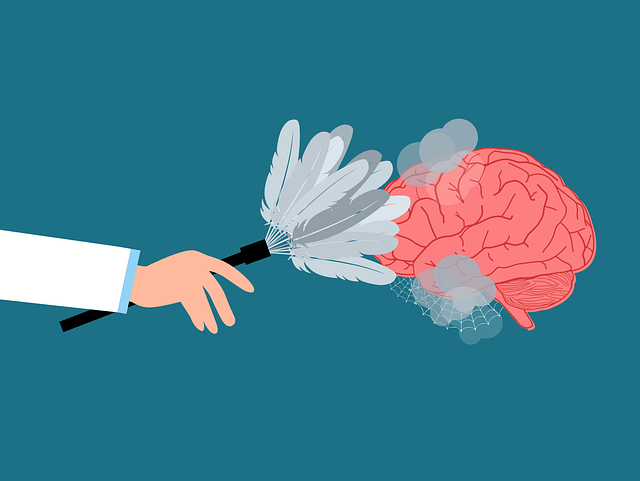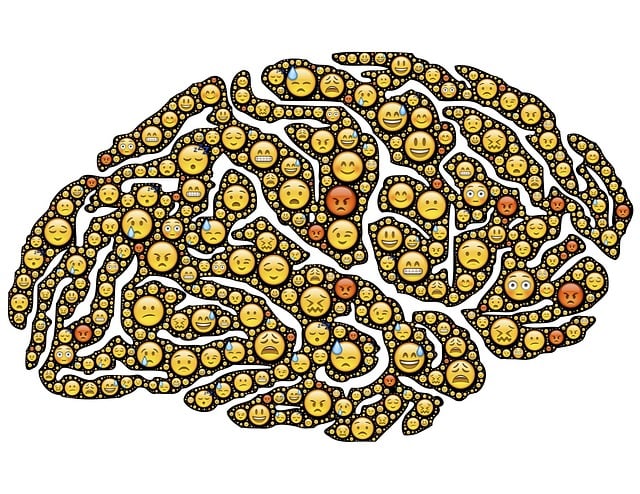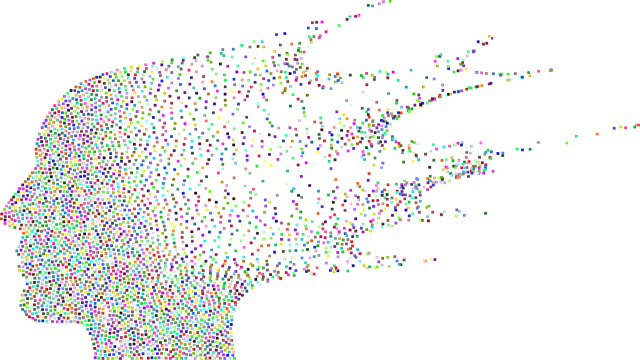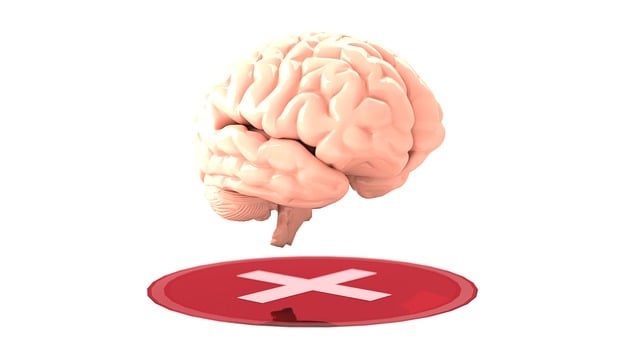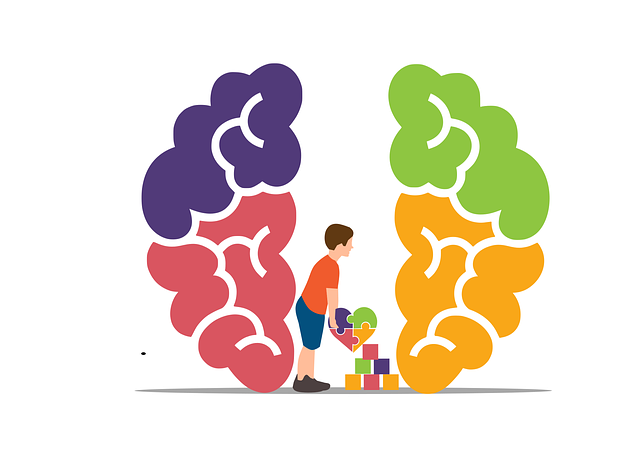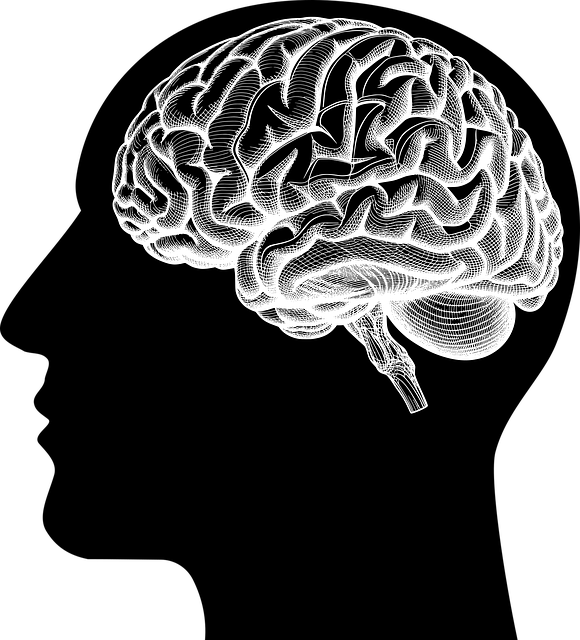Wheat Ridge Spiritual-Religious Issues Therapy prioritizes client safety and ethical practices through comprehensive risk assessment. This involves identifying religious/spiritual triggers, emotional challenges, and implementing harm minimization strategies like informed consent, confidentiality, and post-session resources. A holistic approach combines compassion cultivation, cultural competency training, and regular review meetings to address risks dynamically. This ensures tailored support, enhances therapy effectiveness, and promotes mental wellness in a safe, supportive environment.
“In the realm of therapy and mental health care, risk assessment and harm minimization are paramount for ensuring client safety. This comprehensive guide delves into essential aspects of safe practice, particularly addressing spiritual-religious considerations in Wheat Ridge, CO. From understanding risk assessment as a foundational tool to navigating delicate spiritual-religious issues, it explores identifying potential harms in therapeutic settings. Learn how to develop robust harm minimization plans, implement effective monitoring strategies, and foster continuous improvement for enhanced client outcomes.”
- Understanding Risk Assessment: A Foundation for Safe Practice
- Spiritual-Religious Considerations in Therapy: Navigating Delicate Territories
- Identifying Harms and Potential Risks in Therapeutic Settings
- Developing a Comprehensive Harm Minimization Plan
- Implementation, Monitoring, and Continuous Improvement Strategies
Understanding Risk Assessment: A Foundation for Safe Practice

Understanding Risk assessment is paramount in creating a safe environment for therapy practices, especially when addressing sensitive topics like Wheat Ridge Spiritual-Religious Issues Therapy. It involves a systematic analysis of potential hazards and their likely outcomes within a therapeutic setting. By identifying risks, therapists can implement strategies to minimize harm, ensuring client safety and well-being. This process is fundamental to maintaining ethical standards and fostering trust between the therapist and client.
In the context of Wheat Ridge Spiritual-Religious Issues Therapy, risk assessment considerations might include evaluating potential triggers related to a client’s religious beliefs or spiritual practices. Additionally, for issues that involve emotional regulation, Social Skills Training and Mental Health Policy Analysis and Advocacy can play a crucial role in managing risks effectively. Effective harm minimization planning incorporates strategies like providing informed consent, ensuring confidentiality, and offering resources for clients to manage their emotional responses post-therapy sessions.
Spiritual-Religious Considerations in Therapy: Navigating Delicate Territories

In Wheat Ridge or any therapeutic setting, addressing spiritual-religious considerations is paramount, especially when clients from diverse backgrounds step into the process. Therapy, as a healing art, must respect and navigate the intricate tapestry of faith and belief systems that shape individuals’ lives. Many clients bring their spiritual beliefs to therapy, seeking not just emotional or psychological support but also guidance aligned with their religious principles. This presents both opportunities and challenges for healthcare providers.
The role of compassion cultivation practices and cultural competency training among healthcare providers is invaluable here. Understanding the client’s spiritual-religious landscape boosts confidence in building trust and fostering a safe therapeutic environment. It encourages therapists to integrate these beliefs into harm minimization planning, ensuring that interventions respect the client’s values and cultural contexts. This nuanced approach not only enhances therapy’s effectiveness but also cultivates a profound sense of understanding and compassion between therapist and client.
Identifying Harms and Potential Risks in Therapeutic Settings

In therapeutic settings, especially those focusing on Wheat Ridge Spiritual-Religious Issues Therapy, identifying potential harms and risks is an integral part of ensuring client safety and promoting Mental Health Awareness. Therapists must be vigilant in recognizing not only emotional and psychological dangers but also physical risks that may arise during the healing process. This includes understanding how certain spiritual or religious practices might intersect with a client’s mental health, as well as any potential side effects from interventions. For instance, Compassion Cultivation Practices can foster emotional well-being, yet therapists must be mindful of individual reactions to these practices and be prepared to offer alternative approaches if needed.
The process involves careful consideration of each client’s unique background, beliefs, and emotional intelligence. Therapists should assess risks related to disclosure of traumatic experiences, cultural sensitivities, and the potential for re-traumatization. By creating a safe space that encourages open dialogue while acknowledging emotional intelligence, therapists can effectively navigate these complexities. This proactive harm minimization planning ensures that clients receive tailored support, fostering a therapeutic environment that is both healing and supportive.
Developing a Comprehensive Harm Minimization Plan

Developing a comprehensive harm minimization plan is a crucial step in ensuring the well-being of individuals seeking therapy, especially when addressing Wheat Ridge spiritual-religious issues. This strategy involves a multi-faceted approach to mitigate potential risks and promote positive outcomes. By integrating effective communication strategies, therapists can create a safe and supportive environment where clients feel heard and respected. Encouraging positive thinking techniques can empower individuals to cope with challenging emotions and beliefs, fostering resilience.
The plan should also include burnout prevention strategies for healthcare providers, as self-care is essential for maintaining the therapist’s capacity to support others. Through regular reflection, supervision, and access to resources, therapists can sustain their own well-being while providing optimal care. This holistic approach ensures that both clients and practitioners benefit from the therapeutic process, ultimately enhancing the effectiveness of Wheat Ridge spiritual-religious therapy.
Implementation, Monitoring, and Continuous Improvement Strategies

Implementing risk assessment and harm minimization planning is a dynamic process that requires ongoing monitoring and evaluation. Regular review meetings should be conducted to discuss identified risks, their potential impact, and the effectiveness of the planned mitigation strategies. This involves gathering data from various sources, including client feedback, therapy sessions, and clinical notes, to assess the progress and adjust plans accordingly. By adopting a continuous improvement approach, healthcare providers can ensure that their practices remain responsive to clients’ evolving needs, particularly in addressing Wheat Ridge Spiritual-Religious Issues Therapy.
Integrating Healthcare Provider Cultural Competency Training and Compassion Cultivation Practices into routine assessments can enhance the sensitivity and effectiveness of risk management. Regular training sessions equip professionals with the skills to navigate diverse cultural perspectives and foster a safe, supportive environment for clients’ mental wellness journeys. This holistic approach not only minimizes potential harms but also promotes positive outcomes by cultivating compassion and understanding among therapy providers.
Risk assessment and harm minimization planning are essential components of ensuring safe and ethical therapeutic practices, particularly when addressing sensitive topics like spiritual-religious issues in Wheat Ridge. By understanding the potential risks and harms specific to this domain, therapists can develop comprehensive strategies that respect diverse beliefs while maintaining a safe environment. Through diligent monitoring and ongoing improvement, therapists can confidently navigate delicate spiritual-religious considerations, fostering a positive and transformative therapeutic experience for all clients.



